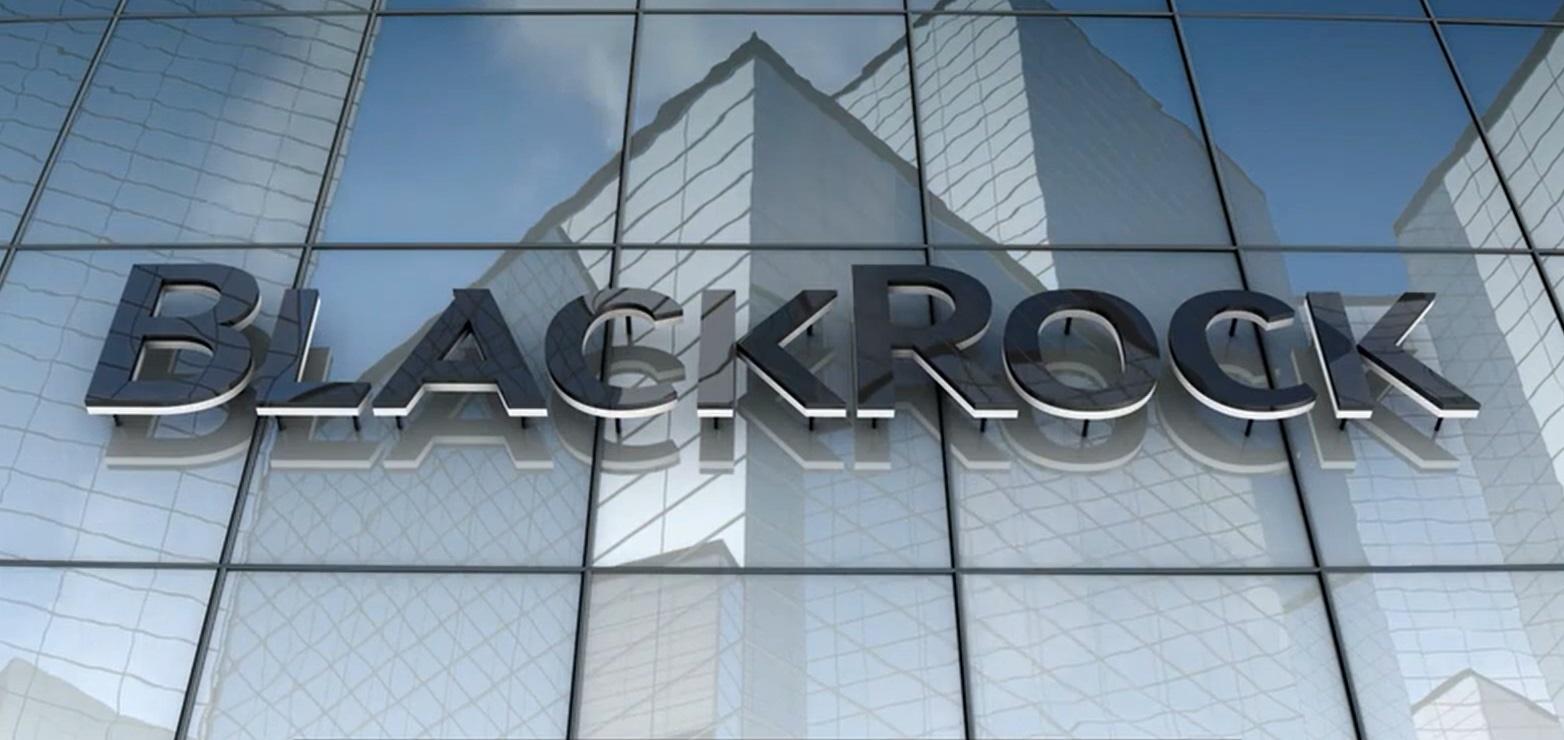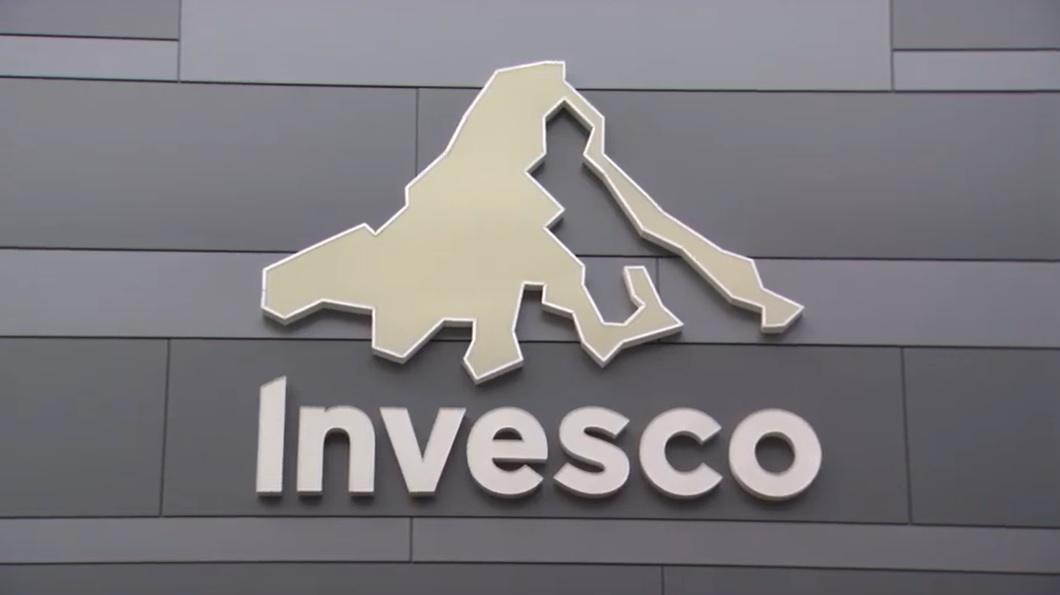BlackRock CEO Says War Will Accelerate Long Term Clean Energy Transition
BlackRock CEO Larry Fink published his annual shareholder letter today, dedicating a significant focus on the market and investment implications from the Russian invasion of Ukraine, including what he called putting “an end to the globalization we have experienced over the last three decades.
One of the primary impact areas of the war discussed in the letter was the net zero transition. BlackRock has emerged as a leading voice in the investment community on climate issues, with Fink’s high-profile annual letters to CEOs over the past several years highlighting BlackRock’s increasing focus on sustainability and climate action in the firm’s investment process, the need for consistent and high quality data and climate disclosure, and the increasing impact of companies’ ability to navigate the transition on capital allocation decisions.
A key result of the war, according to Fink, has been an adjustment in energy-related considerations, with energy security joining energy transition on the priority list. In the near term, this is expected to slow global progress towards net zero, as countries scramble to find new sources of energy, which may lead to increased consumption of coal, as well as oil and gas.
The long term impact, however, may be an acceleration in the shift to cleaner energy sources, with several countries already indicating plans to turn to renewable energy sources to establish energy independence.
Fink wrote:
“We’ve already seen European policy makers promoting investment in renewables as an important component of energy security. Germany, for example, plans to accelerate its use of renewable energy and reach 100% clean power by 2035, 15 years ahead of its previous pre-war target. More than ever, countries that don’t have their own energy sources will need to fund and develop them – which for many will mean investing in wind and solar power.”
Fink also points out that the rapid increase in energy prices has helped close the price gap between traditional and cleaner energy sources, while also exacerbating the economic burden on lower incime consumers:
“Higher energy prices will also meaningfully reduce the green premium for clean technologies and enable renewables, EVs and other clean technologies to be much more competitive economically. However, energy prices at this level are also imposing a terrible burden on those people who can least afford it. We will not have a fair and just energy transition if they remain at these levels.”
In his most recent CEO letter published earlier this year, Fink addresses BlackRock’s climate investing approach, defending the firm’s ongoing holdings in oil and gas companies, and asserting that divestment from sectors is not an effective method of achieving climate goals, and pointing to emerging investment opportunities in companies in carbon intensive sectors that can play a leading role in decarbonization.
Fink’s shareholder letter reiterates these themes, pledging that BlackRock will continue to work with hydrocarbon-focused companies that can lead on the energy transition.
Fink wrote:
“In the transition to net zero we will need to pass through many shades of brown to shades of green. I remain optimistic for the future and continue to believe that our collective actions today can make a meaningful difference in the years to come.”
Click here to read BlackRock CEO Larry Fink’s shareholder letter.





